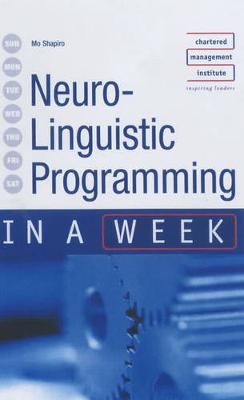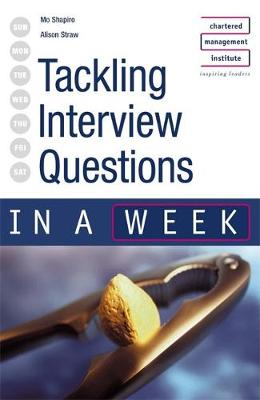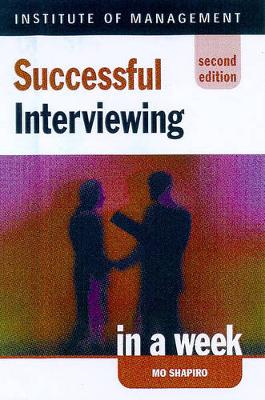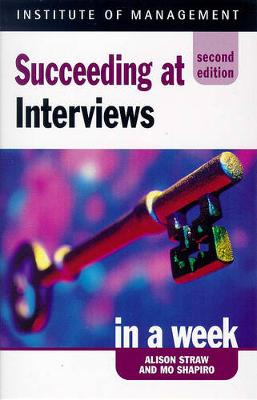Iaw
5 total works
The pressures of work and home make everyone vulnerable to stress, but it doesn't have to ruin lives. This guide demystifies the whole area of stress and identifies coping, managing and prevention strategies. The book covers analysis of the different forms of stress, looks at the variety of causes...Read more
The pressures of work and home make everyone vulnerable to stress, but it doesn't have to ruin lives. This guide demystifies the whole area of stress and identifies coping, managing and prevention strategies. The book covers analysis of the different forms of stress, looks at the variety of causes (both at work and at home), invites readers to analyze themselves, identifies a range of strategies for managing stress, gives advice on helping others, and looks at techniques to prevent harmful stress. Carey Cooper fronted the Channel 4 series "How to Survive the 9 to 5".
This book provides a dynamic collection of tools, techniques and strategies which facilitate excellence throughout the work environment. By studying the way you access and disseminate information through the language you use, your perceptions, and the values you hold, this book will lead to: Increasing your repertoire of excellence...Read more
This book provides a dynamic collection of tools, techniques and strategies which facilitate excellence throughout the work environment. By studying the way you access and disseminate information through the language you use, your perceptions, and the values you hold, this book will lead to:
Increasing your repertoire of excellence
Different ways of filtering information
Developing greater rapport
Formulating key questions for clarification
Transferring skills and resources
Extending your map of the world
NLP in a week has now been fully revised for the 2002 series relaunch.
Tackling Tough Interview Questions in a Week
by Alison Straw and Mo Shapiro
Published 6 September 1999
This book considers how interviewers structure their questions and why they ask the ones they do. Each day develops an understanding of the interviewer explaining the purpose of various questions and helps you to prepare appropriate responses. This is achieved by including: ...Read more
This book considers how interviewers structure their questions and why they ask the ones they do. Each day develops an understanding of the interviewer explaining the purpose of various questions and helps you to prepare appropriate responses.
This is achieved by including:
A step by step guide through the interview process
Model answers
Alternative answers to suit your objectives
This book is an ideal companion to Succeeding at Interviews in a week, written by the same authors.
Tough Interview Questions has been fully revised for the 2002 series relaunch.
A no-nonsense, step-by-step guide, designed to give the reader the confidence to handle even the most difficult interview situations. It considers the key interviewing skills and structures following the four Ps of interviewing, which are: preparation; purpose; performance; and postscript. The book helps the reader clarify objectives for interviews...Read more
A no-nonsense, step-by-step guide, designed to give the reader the confidence to handle even the most difficult interview situations. It considers the key interviewing skills and structures following the four Ps of interviewing, which are: preparation; purpose; performance; and postscript. The book helps the reader clarify objectives for interviews and to consider those of the interviewee. It provides an approach to different types of interview, including: selection and recruitment; appraisal; counselling; and coaching.
This guide considers the traps and pitfalls we often create for ourselves at interviews, and suggests strategies for overcoming them. It covers: gaining confidence and presentation skills; learning how interviews work and how people are selected; preparation; and responding skilfully. This 3rd Edition has been fully updated for the...Read more
This guide considers the traps and pitfalls we often create for ourselves at interviews, and suggests strategies for overcoming them. It covers: gaining confidence and presentation skills; learning how interviews work and how people are selected; preparation; and responding skilfully. This 3rd Edition has been fully updated for the 2002 series relaunch.




